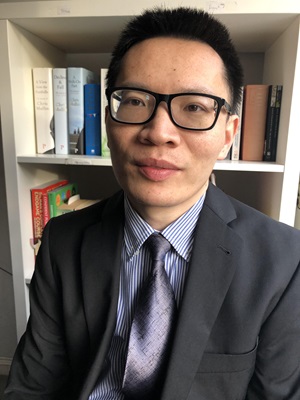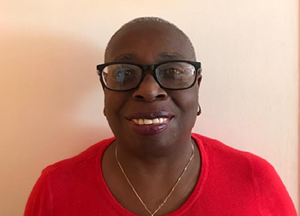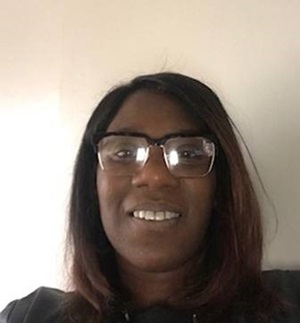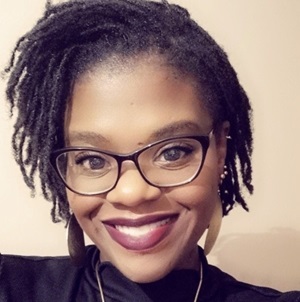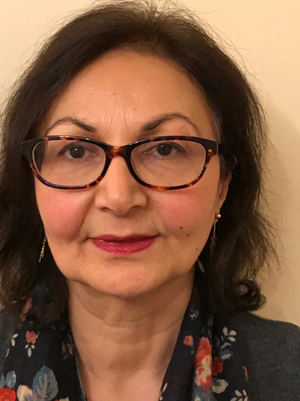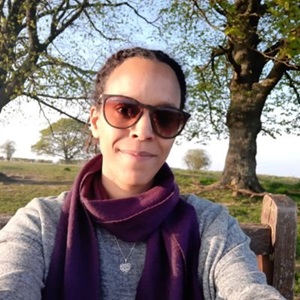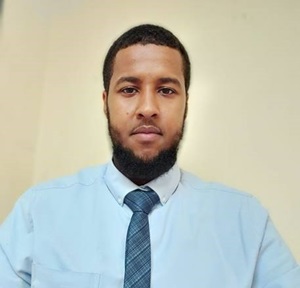Birmingham and Lewisham African and Caribbean Health Inequalities Review (BLACHIR)
What is BLACHIR?
Birmingham and Lewisham African & Caribbean Health Inequalities Review (BLACHIR) is a joint research project between Lewisham and Birmingham City Councils. It has begun ground-breaking work to gather insights on health inequalities experienced by Black African and Caribbean communities.
The objective of the review is to draw on data, expert knowledge and lived experiences to produce realistic recommendations that will lead to improved health outcomes for Black African and Black Caribbean communities. It will inform the work of the Health and Wellbeing Board and influence both Councils, the NHS and other partners.
Pdf, 12.7MB
Pdf, 635.6KB
BLACHIR: 2 years on
When it was first published in 2022, BLACHIR identified seven key areas that, if properly addressed, will help support those who might have been let down or left behind by the system. It also recommended 39 opportunities for action – tangible ways to work with partners and the community to close the health inequality gap.
This new document explores the BLACHIR-related work we’ve been doing over the past two years, highlighting some of our successes and drawing attention to areas where there is still work to do.
Why Birmingham and Lewisham?
Research shows there are significant health inequalities affecting Black African and Caribbean communities in the UK. These are further impacted by disparities in areas such as housing, employment and education. The pandemic has highlighted the impact these inequalities have in the context of infectious disease, with Black African and Black Caribbean people over-represented in the deaths from COVID-19.
Birmingham and Lewisham Public Health Divisions share a joint aspiration to address healthcare inequalities within Black communities. Birmingham is home to 8% of the overall African and Caribbean population of England. In Lewisham, Black Africans and those of Caribbean descent represent the largest population groups amongst those of BAME heritage.
Review teams leading the research
Overseeing this work are two external boards. The advisory board has nine members who bring a range of knowledge, skills and lived experience via their community networks. The academic board consists of a network of fifteen national academics.
The two boards will meet via an online platform in a six-weekly cycle to discuss a range of themes. These include racism and discrimination as a factor in health inequalities, mental health and wellbeing, and acute disease and death.
The boards will work with the review team to marry the scientific evidence with the lived experience of the Black African and Black Caribbean communities in Lewisham and Birmingham. These insights will provide the basis for the final report which will provide recommendations for sustainable change.
The discussion meetings will take place over a ten-month period and be chaired by Dr Justin Varney Director of Public Health Birmingham City Council and Dr Catherine Mbema Director of Public Health Lewisham Council.
Academic board
The academic board is made up of 15 academics who have an interest in the African and Caribbean health inequalities.
Dr Pei Kuang is a senior lecturer in Economics at University of Birmingham. He is trained in quantitative tools to analyse micro-level datasets and modelling of inequalities in income, wealth, health and social mobility and has rich experience in supervising projects on inequality issues.
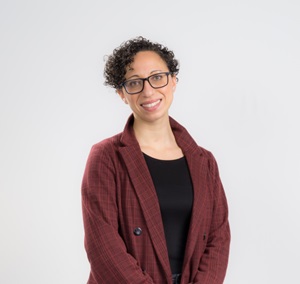
Nadine El-Enany teaches at Birkbeck School of Law and co-directs the Centre for Research on Race and Law. Her current research projects focus on race and justice in death in custody cases, and the racialized efforts of air pollution. She is also the co-editor of After Grenfell: Violence, Resistance and response (Pluto 2019).
Carol Webley-Brown is a visiting lecturer at London South Bank University and works as a mental health nurse and panel member for social services fostering board.
Dr Evans A. Asamane obtained his PhD exploring nutrition and physical function of ethnic older minorities. He is currently working as an applied qualitative health researcher at Keele University and has a primary research interest in public health nutrition, physical activity, dietary assessment technique and ethnic minority health and ageing.
Dr Geraldine Brown is an assistant professor at the Centre for Agroecology, Water and Resilience at Coventry University. She has over 15 years' research experience within the voluntary, community and public sector. Her research interests include public policy and practice, community and action, and race and ethnicity.
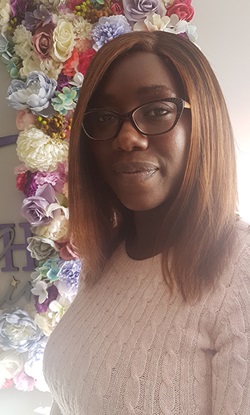
Dr Shardia Briscoe-Palmer is an early career academic fellow and lecturer at De Montfort University in Leicester. Her research specialism intersects across gender, race, and social injustices. She currently teaches at Leicester Media School, including a second-year module on Race and media.
Dr Nicole Andrews is a sociologist and currently leads the BSc Health and Social Care at Newham University, Birmingham. Her research and teachings are centred around challenging health and social care inequities. She has worked on issues that relates to the underrepresentation of seldom heard communities in applied health research.
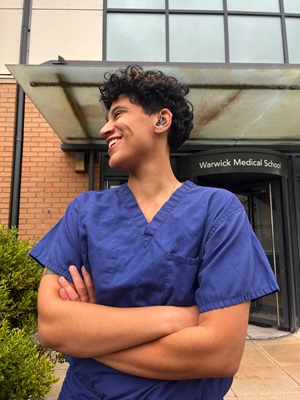
George Webster is a medical student with a Bachelor’s degree in psychology and a Master’s degree in cultural and global perspectives in mental healthcare. They have experience working in in research, mostly around the topics of inequity in healthcare, the impact of racism on health outcomes and LGBTQ+ health disparities.
They are passionate about improving medical education and health equity. Alongside their studies, they support the delivery of equity, diversity and inclusion training within medical education.
Fatemeh Rabiee-Khan is a professor in Public Health promotion in BCU, Birmingham. Fatemeh's research has been redressing health inequalities in particular mental health for BAME: the ENRICH project and for "being understood, being respected'' in looking at the experience of mental health service users and carers of African and African Caribbean communities in Birmingham and influencing service provision.
Lorna Hollowood is a registered adult nurse and a fulltime lecturer at the School of Nursing at the University of Birmingham and also a part-time PhD student. She has a clinical background in district nursing and a specialist in palliative care. Her research interests are the experiences of Black and minority ethnic older people of living in the care home sector.
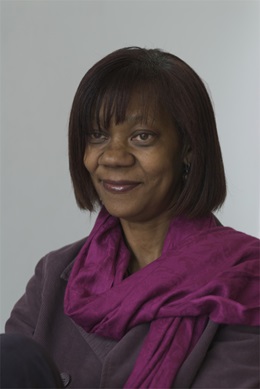
Dr Jenny Douglas is Senior Lecturer in Health Promotion in the Faculty of Wellbeing, Education and Language Studies at the Open University. She has a PhD in Women's Studies and completed her doctoral thesis on cigarette smoking and identity among African-Caribbean young women in contemporary British society. Dr Douglas is an honorary member of the Faculty of Public Health and is a director of the UK Public Health Register. She established and chairs the Black Women's Health and Wellbeing Research Network at the Open University.
Dr Douglas is a member of the Royal College of Obstetrics and Gynaecology (RCOG) Race Equality Taskforce. She is a contributing author to 'Inside the Ivory Tower', a collection of autoethnographies outlining Black women’s experiences In British Higher Education. Her research is vast spanning 30 years on issues of race, health, gender and ethnicity. The key theme unifying her research and activism is intersectionality – exploring how ‘race’, class and gender affect particular aspects of African - Caribbean women’s health.
Dr Douglas is a Plumer Visiting Research Fellow at St Anne’s College, University of Oxford. She is Co- Investigator on an ESRC funded research study ‘Experiences of COVID 19 and recovery: learning from polyphonic voices for communities, policy makers and health and social care providers’, and chairs the BME Researchers Group at the OU. Dr Douglas chairs the OU Inclusive Curriculum Task and Finish Group, co-chairs the Decolonising the University Group and is production chair of K310- Public Health: Health Promotion and Health Security.
Advisory board
The external Advisory board is made up of nine members who bring a range of knowledge, skills, and lived experience from Birmingham and Lewisham.
Emmanuel Moyosola is a Medical Student at the University of Southampton and healthcare assistant at the Queen Elizabeth Hospital in Birmingham. He has lived experience in health and mental wellbeing conditions and has an interest in health inequalities.
Tristan Johnson studied Philosophy, Politics and Economics (PPE) at Royal Holloway University. He has been engaged in a range of charitable community projects and launched an enterprise to help local businesses with the aim to reduce inequalities especially within education.
Charlene Carter James is a project manager at Saathi House and a creative producer. She has over 15 years’ experience of youth and community engagement, events and creative arts programming. She has led projects that addressed the needs of young people and children and families in marginalised communities.
Fola Afolabi is a graduate management trainee at Imperial College London and works on redressing health inequalities and decolonising the medical education curriculum. She is a Lewisham resident and is a member of the Lewisham East Labour party BAME Forum.
Sabrina Dixon is a qualified secondary school teacher and executive director of Social Inclusion recovery group CIC based in Lewisham Borough. She has lived experience of the inequalities faced by the African and Caribbean communities in healthcare and a strong advocate for health equality.
Zeid A Hussein holds a Master’s in Public Administration and is currently a project manager and advisor to the Office for National Statistics (ONS).
Review themes
The review will discuss the following themes:
- Racism and discrimination role in health inequalities
- Wider determinants of health
- Early years, pregnancy and parenthood
- Children and young people
- Lifestyle factors
- Aging well
- Mental health and wellbeing
- Acute disease and death
For more information or if you have any questions about the BLACHIR project please contact: healthimprovement@lewisham.gov.uk.
